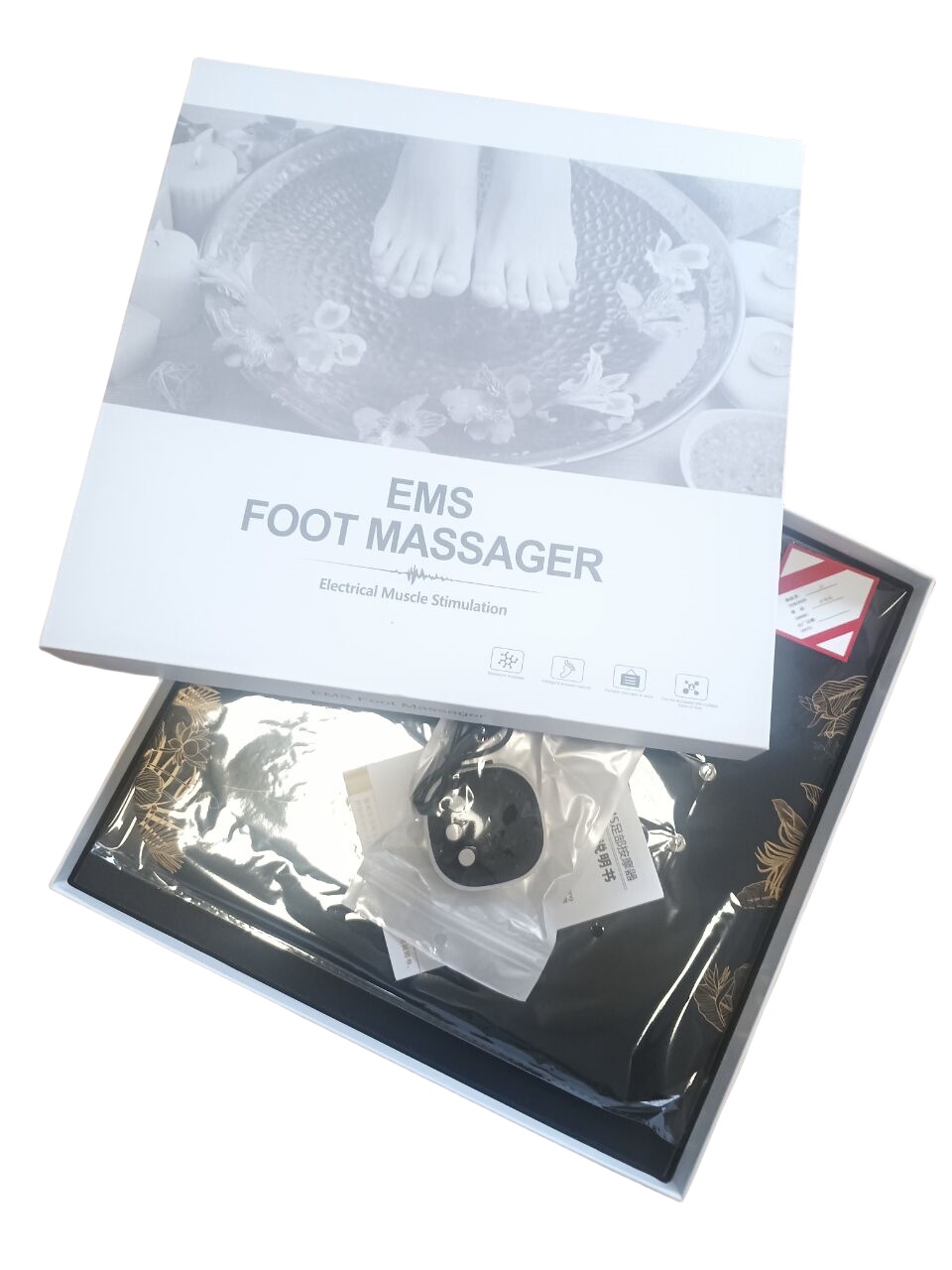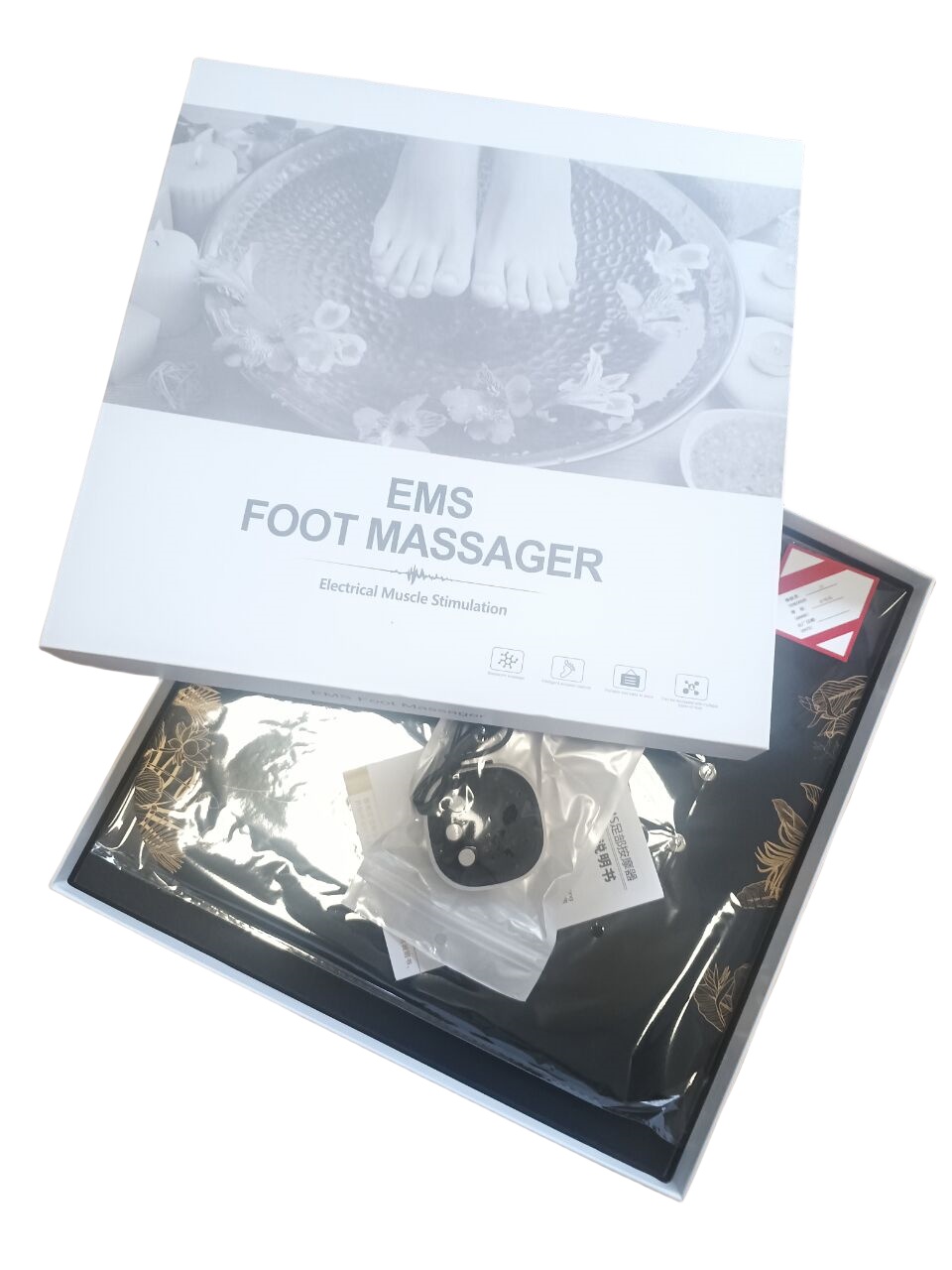The Strategic Power of Employee Rewards Programs in Modern Workforce Management
In today's competitive business environment, employee rewards programs have emerged as critical tools for attracting, motivating, and retaining top talent. Well-designed employee rewards programs do more than recognize performance—they create cultures of appreciation that drive measurable business results. This article explores how strategic employee rewards programs contribute to organizational success and provides actionable insights for implementation.
Why Employee Rewards Programs Matter
Effective employee rewards programs address fundamental human needs for recognition and achievement. Research demonstrates their impact:
-
Companies with structured recognition see 31% lower voluntary turnover (SHRM)
-
78% of employees work harder when appreciated (Gallup)
-
Organizations with strong rewards culture achieve 14% better performance (Deloitte)
These statistics reveal how employee rewards programs directly influence engagement, productivity, and retention—three pillars of organizational success.
Key Components of High-Impact Employee Rewards Programs
-
Performance-Based Recognition
-
Tiered achievement awards (bronze/silver/gold)
-
Quarterly MVP selections with experiential rewards
-
Peer-nominated spot bonuses
-
-
Milestone Celebrations
-
Work anniversary gifts increasing with tenure
-
Project completion commemoratives
-
Retirement legacy awards
-
-
Values Reinforcement
-
"Culture Champion" trophies for exemplifying core values
-
Team-based rewards for collaborative achievements
-
Innovation prizes for process improvements
-
-
Lifestyle-Enhancing Perks
-
Wellness program redeemable points
-
Flexible benefit options
-
Family-inclusive experience rewards
-
The Business Case for Employee Rewards Programs
Organizations investing in comprehensive employee rewards programs report:
Talent Advantages
-
3x more qualified applicants cite rewards as hiring factor
-
40% faster time-to-productivity for new hires
Financial Benefits
-
$16 ROI for every $1 spent on strategic recognition
-
23% higher profitability versus industry peers
Cultural Impacts
-
5x stronger employer brand perception
-
82% improvement in cross-department collaboration
Best Practices for Implementation
-
Align with Business Objectives
-
Connect rewards to key performance metrics
-
Vary rewards by department/role requirements
-
-
Ensure Perceived Fairness
-
Transparent eligibility criteria
-
Multiple recognition pathways
-
Inclusive nomination processes
-
-
Leverage Technology
-
Mobile-friendly recognition platforms
-
Real-time reward tracking
-
Social recognition walls
-
-
Measure Effectiveness
-
Regular participation surveys
-
Retention rate comparisons
-
Productivity metric correlations
-
Future Trends in Employee Rewards Programs
Innovative organizations are evolving their approaches through:
-
Hyper-Personalization
-
AI-driven reward recommendations
-
Biometric wellness incentives
-
NFT achievement badges
-
-
Experiential Emphasis
-
"Reward catalog" with 100+ options
-
Adventure-based recognition
-
Skill-building rewards
-
-
Holistic Wellbeing Focus
-
Financial wellness coaching
-
Mental health recovery days
-
Family care stipends
-
Conclusion
Strategic employee rewards programs represent one of the highest-ROI investments in human capital. When properly designed and executed, these programs transform occasional recognition into an embedded cultural advantage that:
-
Attracts premium talent in competitive markets
-
Motivates discretionary effort from teams
-
Retains institutional knowledge and experience
Forward-thinking organizations now treat employee rewards programs not as HR afterthoughts, but as core components of their talent strategy. In the war for top performers, companies with sophisticated, meaningful rewards architectures enjoy measurable advantages that compound year after year—proving that what gets recognized gets repeated, and what gets rewarded gets results.
By continuously refining employee rewards programs to match evolving workforce expectations, businesses can build sustainable cultures where employees feel genuinely valued—the ultimate competitive advantage in today's knowledge economy.
Related topics:
Beyond the Paycheck: Unpacking the Anatomy of a Truly Meaningful Employee Reward
How to Personalize Your Tungsten Ring: Inlays, Finishes, and Designs
Are Tungsten Rings a Good Choice? Pros and Cons Explained
The Heft and Feel: What to Expect from the Weight of a Tungsten Ring
The Scratch-Resistant Promise: How Hard Are Tungsten Rings Really?
How to Personalize Your Tungsten Ring: Inlays, Finishes, and Designs







